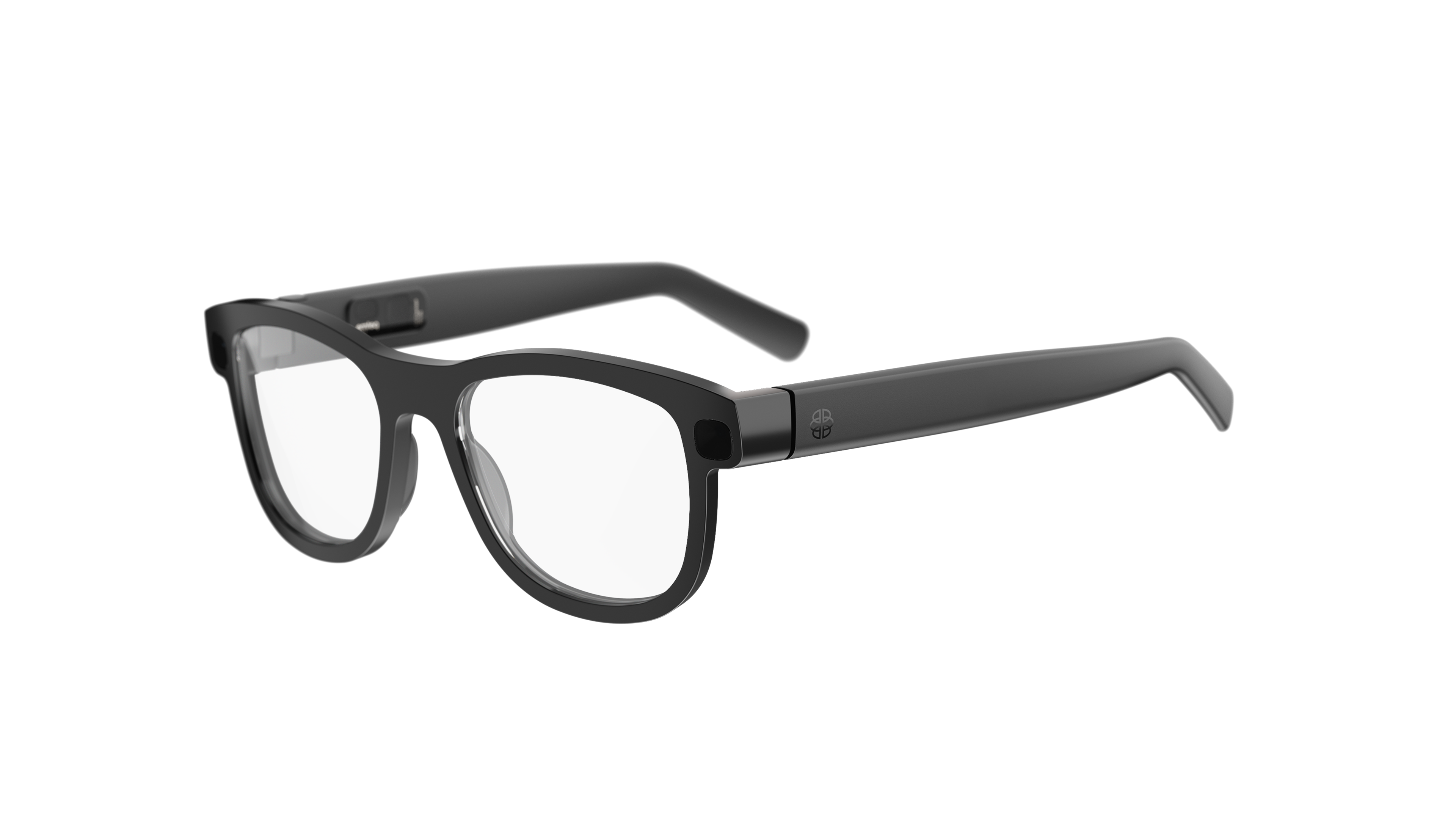This episode of the Emotion Lab is dedicated to the story of Healium and how VR can be used for stress management. Charles, the Chief Scientific Officer at emteq labs, is joined by Sarah Hill, CEO of Healium – a virtual and augmented reality tool for the self-management of stress powered by the user’s own brainwaves and heart rate. After 20 years as a TV reporter covering trauma, natural disasters and other stressful stories around the world, Sarah shares how her media diet ultimately “made her sick”. Sarah developed Healium for herself, as well as the 41 million others who struggle with anxiety and throughout the podcast she explains how this personal investment has made Healium so relevant to others going through similar experiences.
The story behind Healium
Healium is a “digi-ceutical’ for people to detox from what they’re consuming digitally. The company specialises in biometrically controlled content powered by the user’s wearables. Healium works as a self-awareness tool with which users can observe their own brain patterns and heart rate (HR) and with that information, learn to respond to stressful situations. Just as training your muscles, you can train your brain! Sarah explains it as “using your body’s own electricity to heal.”
The tech behind Healium
Healium utilises a VR headset, Apple watch to measure HR and a headband to act as an electroencephalogram (EEG), which measures and records brainwave patterns. During the podcast, Sarah talks about Healium’s plans to collect blood pressure and skin conductance data points next. In the future, many of those sensors will become seemingly easy to use and maybe even all integrated into the VR goggles.
The research behind Healium
Much of the human mind is still a scientific mystery. However, companies working in the space of emotion research have the potential to advance our understanding of the human brain and mind, as well as mental illness. Research plays a crucial role at Healium. It works closely with three peer-reviewed journals to understand how their technology affects the human central nervous system. So far, it’s already been shown that their tool can be used to reduce anxiety.
Healium is currently running trials around the world, studying labour pain, post-traumatic stress disorder (PTSD) and other medical scenarios and observing brain patterns changing in real-time with the use of their tools. However, Sarah explains that their VR technology is not aiming to replace therapy or medications and it’s not a diagnosis tool. It’s a tool to increase self-awareness that can help people understand that their thoughts have the power to control things in both the virtual and real world.
Non-drug based treatments
Charles and Sarah discuss what the development of biometrics and VR can mean for the future of mental health treatment. In the light of the newly FDA-approved digital therapy to treat patients with ADHD, could technology provide a low-risk alternative to medications? Or should it only be used as an adjacent? Sarah shares her thoughts about the future variety of tools for mental wellness. Charles also shares his thoughts about access to such potential treatments and how in the future, primary care doctors may be able to prescribe these to patients.
How to reach consumers?
As the products are not in mass-scale production and there is limited access to the required hardware, companies in this space need to find unique opportunities to reach customers and patients. During the podcast, Sarah explains how Healium’s horizontal marketing strategy and collaborations with corporate wellness programmes and telehealth are two of their key ways to reach these individuals. It is also working with the military and government to provide access to individuals working in these spheres. In 2015, Sarah’s team built a program called “Honor Everywhere”, that uses Virtual Reality to allow ageing veterans the opportunity to see their WWII, Vietnam, Korea, & Women’s Memorials.
The future
Charles and Sarah discuss three main future aspects of the space they are both working in: hardware, industry collaboration and advancement of human reflection.
Hardware is advancing rapidly, with more and more manufacturers interested in VR and biometrics. From Sony, HP to Oculus, the up and coming products range from gaming to market research, health and wellbeing. Sarah believes that we may be seeing new media channels using VR. She also advocates for utilising the hardware that is already ‘out-of-date’ but still functional and could be of benefit, for example, for non-profits.
The companies in this space are all working to create health and wellness. Sarah and Charles agree that future advancements will come from collaborations between various companies. Partnerships are also likely to increase access to and adoption of those technologies. Sarah also shares her thoughts about emteq labs’ products and explains how Healium could benefit from them.
As technologies continue to advance, it will allow us to see ourselves in new ways. From video-conferencing that allows us to see our facial reactions, to VR and biometrics technology that shows us our brain activity, heart rate and much more – our ability to receive neurofeedback is increasing rapidly. For the first time, we may be able to access neurological reflections of ourselves and take a deep dive into our own brains. This requires us to be open-minded, patient and keen to learn.
What are your thoughts on advancing our brain-body connection with technology? What do you think about ‘digi-ceuticals’? Get in touch and let us know.
Learn more about Healium:

.png)
.png)





